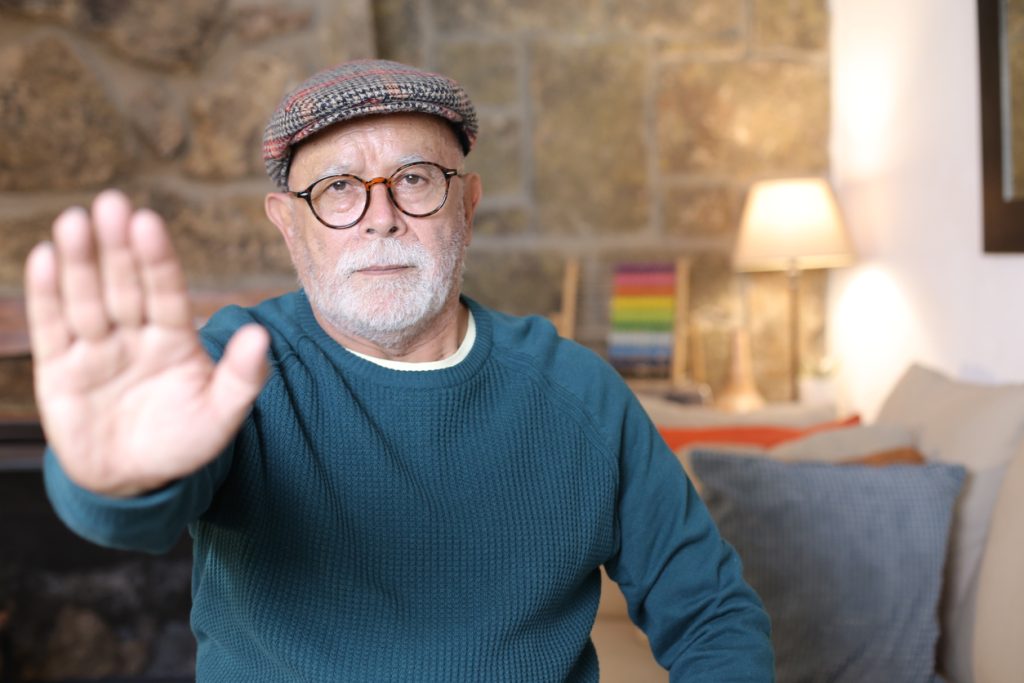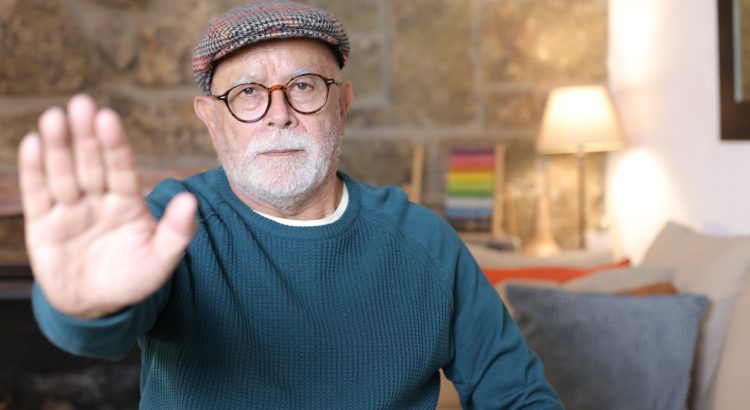
Patients are more reluctant to take part in clinical trials
NHS patients have selflessly contributed to research for many decades. Patients, particularly those with a poor prognosis, are often very willing to help researchers so that a similar diagnosis might not be as disastrous for others as it might be for them. In all, 50,000 patients participated in trials in the UK in 2017/2018. That figure had plummeted to 28,000, a drop of 44%, by 2021/2022. The number of industry led clinical trials fell by 41% over the same period.
Taking part in clinical trials relies heavily on trust. Convincing someone to participate in an experiment involving their body requires a significant amount of confidence. The participant should perceive a potential benefit for themselves, and there should be an open and sincere commitment from the recruiting physician, the manufacturer, and regulators to minimise any potential risks.
Why might there have been this decline?
The government claims “the clinical research environment in the NHS is on a dangerous precipice.” It supposes this is to do with Hospital Consultants not being supported to do research and consultants retiring early because of perverse incentives around pension contributions.
The Association of the British Pharmaceutical Industry supposes that “consistently slow and variable study set-up times are driving this decline.” They said the problem lies with a 10% increase in the time it took the regulator to approve a trial which has risen from 222 days in 2018 to 247 days in 2020. (Did 2020 see delays in other bureaucratic processes around the world too, perhaps?).
Both of these points may well be valid and important. However, if we are to see a reversal in this trend, the government and the ABPI need to start engaging with the issues around patient trust and how that has been harmed recently, sometimes irreparably.

